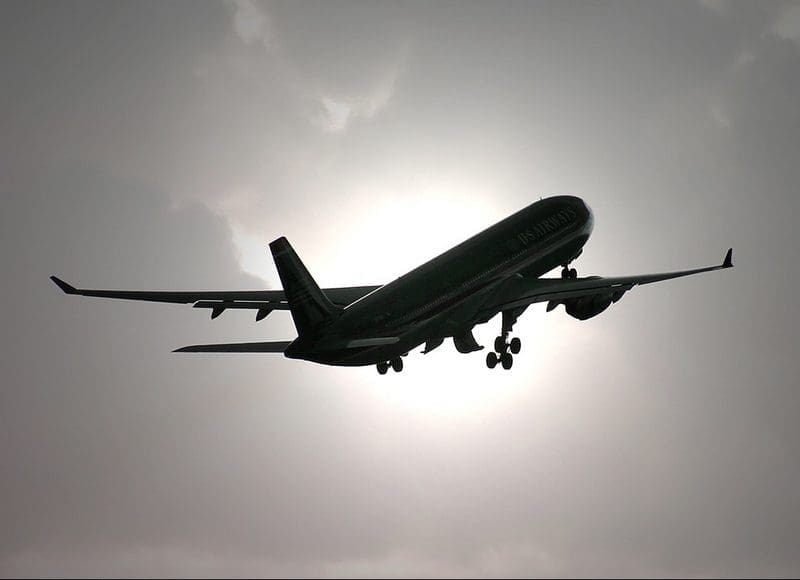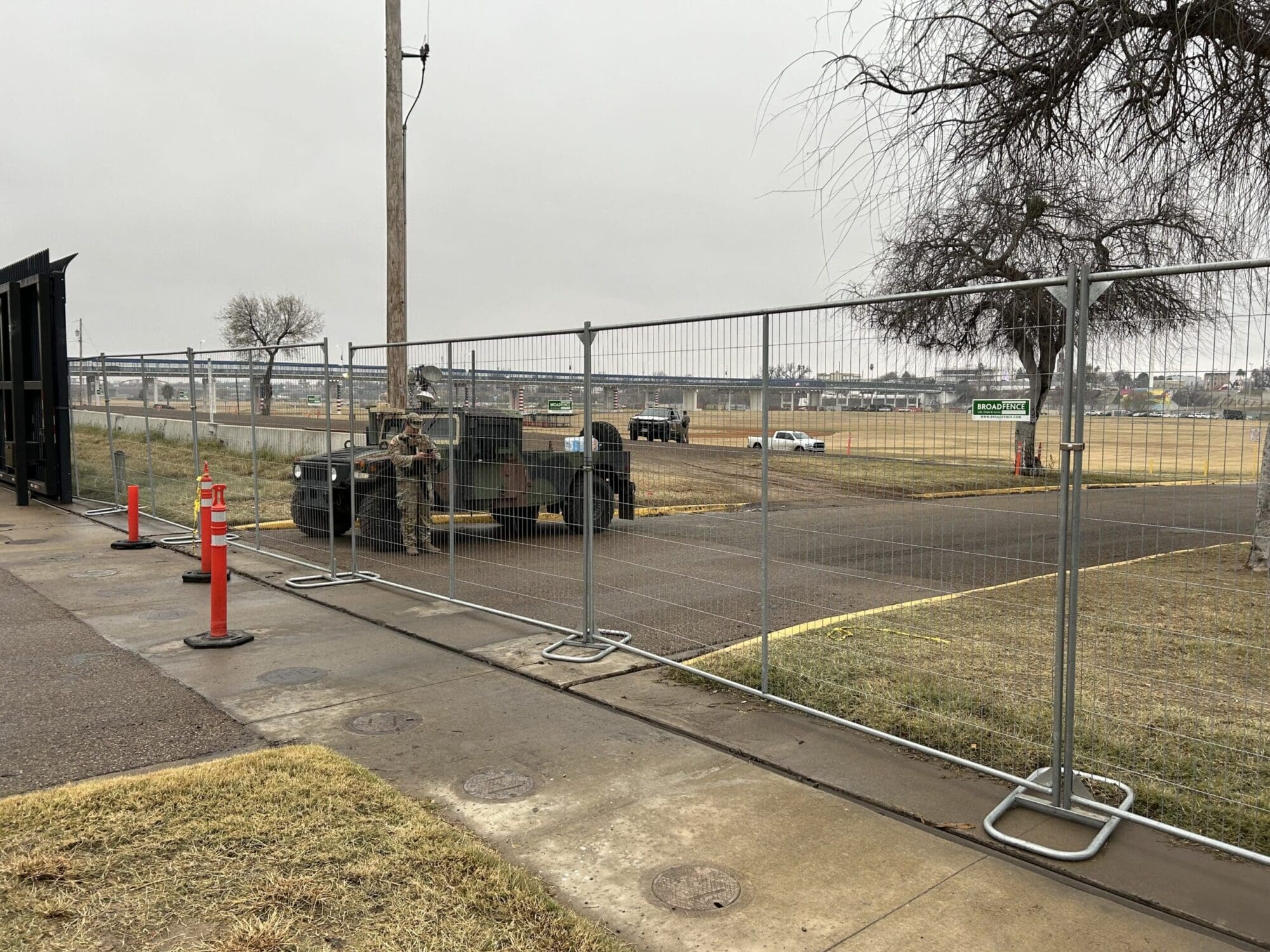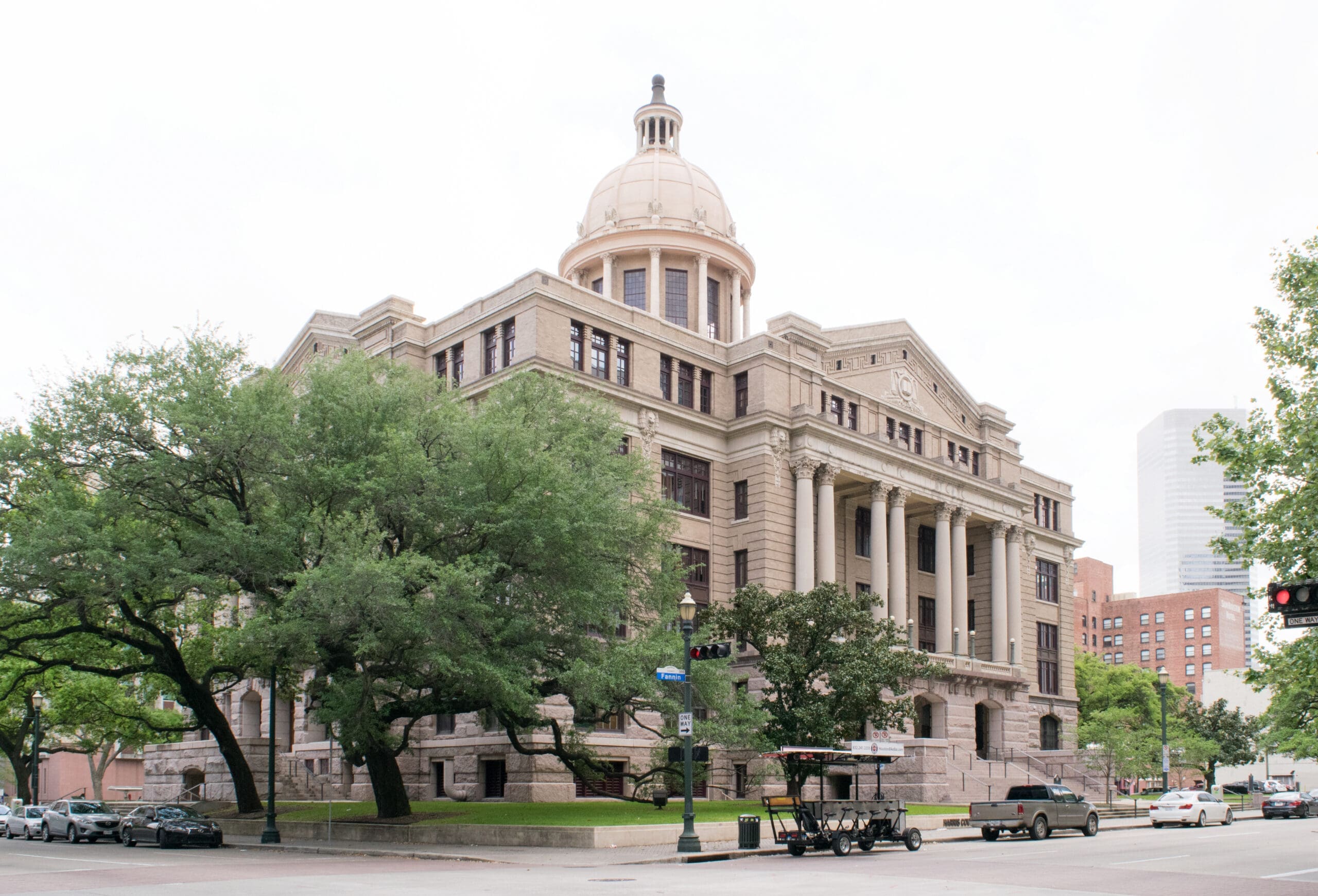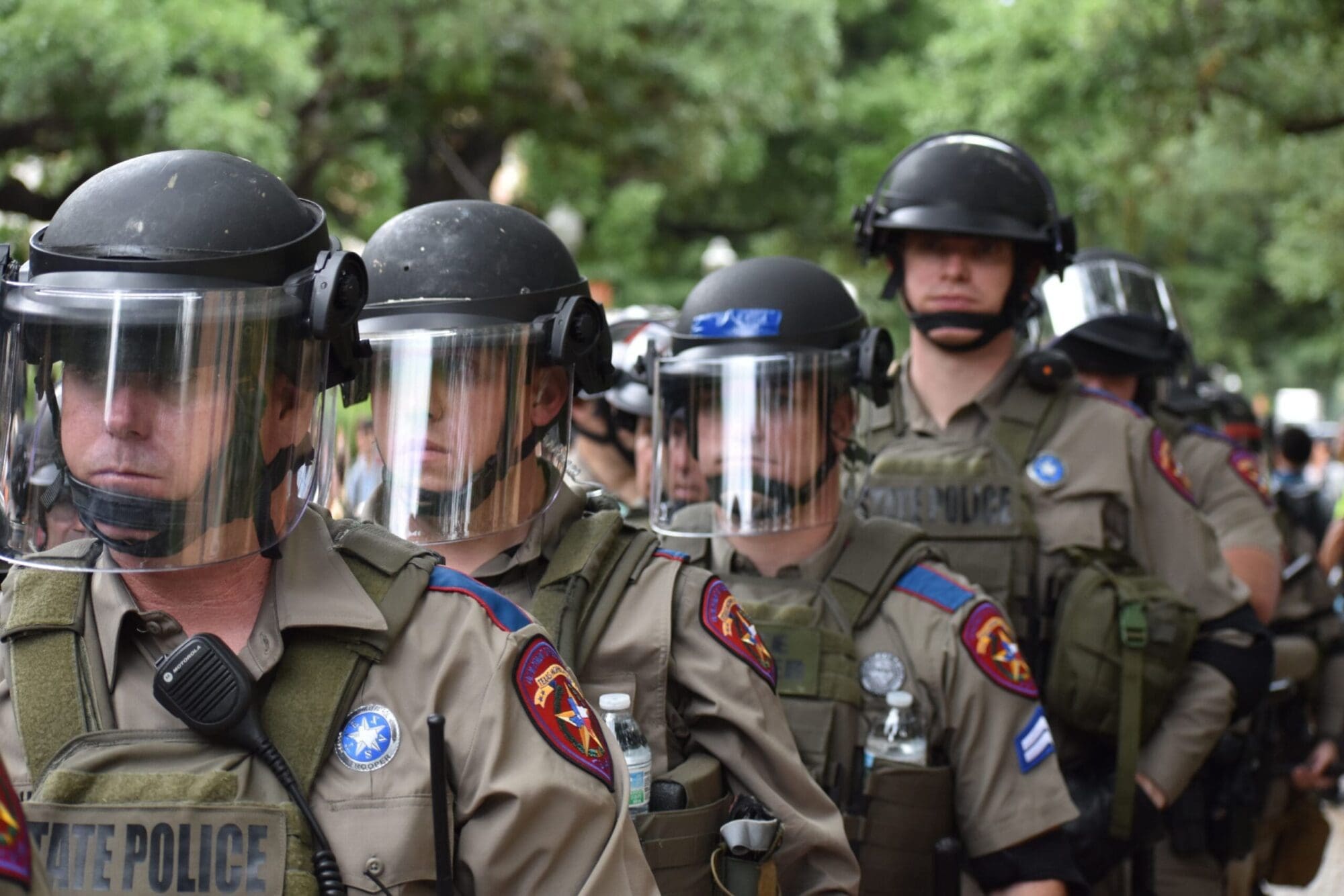As the border crisis rages on, the Center for Immigration Studies has discovered that “221,456 Venezuelans, Haitians, Cubans, and Nicaraguans” have flown into “still-unspecified interior U.S. ports.”
Todd Bensman, Senior Fellow at the Center for Immigration Studies, writes:
“[O]ne of the least noticed, mysterious, and potentially the most controversial of the new rechanneling programs that use the CBP One app allows migrants to take commercial passenger flights from foreign countries straight to their American cities of choice, flying right over the border — and even over Mexico. For this measure, Cubans, Venezuelans, Nicaraguans, Haitians, and Colombians — while they are still in countries south of Mexico — request ‘advance travel authorizations’ through the same CBP One mobile app and take commercial flights (‘at their own expense’) directly into U.S. airports, where U.S. Customs officers parole them into the nation, sight unseen, and in numbers publicly unknown.”
Texas is currently suing the Biden administration over its executive parole program that creates “lawful pathways” for Cubans, Venezuelans, Nicaraguans, and Haitians to enter the country.
The Office of the Attorney General argues, “Congress has authorized parole only for foreign aliens who meet very specific standards that have not been met in this instance. Yet, contrary to existing law, the program creates a pathway for program participants to apply from their home country and gain lawful status to enter and stay in the U.S. for up to two years, or even longer.”
The OAG is also suing the Biden administration over federal use of the CBP One app.
“Federal law makes clear that those entering the country illegally should be expelled from the United States, except in very rare circumstances,” argues the OAG. “However, the Biden border app does not and cannot verify that an illegal immigrant would qualify for an exception, which would prevent them from being deported. The Biden Administration is therefore encouraging illegal aliens to come to the United States, even if they do not qualify to stay in the country.”
Meanwhile, as Texas’ lawsuits work through the federal court system, Texas continues to come under siege from illegal border crossings.
Bensman noted that the total number of people using the CBP One app to fly into the country is likely higher than 221,456 because “The Biden administration did not release the numbers or receiving airports [in the U.S.] for Colombians or Ukrainians approved to use the direct-flight parole program… More recently, the administration added Hondurans, El Salvadorans, and Guatemalans to the direct-flight family reunification program, and their numbers also remain unknown.”
Since CBP did not release which U.S. airports are favored by the executive parole program, it remains unknown where these 200,000+ people have entered, much less where they are now.
“This [parole program] is just another example of how Joe Biden’s administration is clearly flouting the law and working to undermine our nation,” Executive Director of Texans for Strong Borders Cary Cheshire told Texas Scorecard. “Democrats aren’t just ignoring the invasion, they’re actively facilitating it.”
Former State Sen. Don Huffines’ Liberty Foundation released a report Thursday on the cost to Texans. It estimates the cost of illegal immigration to taxpayers is between $10-20 billion, with Texas spending an estimated $6.6 billion just on educating illegal alien children in the 2022-2023 school year.
Although Texas is spending billions on Operation Lone Star—the governor’s border security initiative—Huffines said, “the state of Texas has done little to secure the Texas border.”
Federal lawsuits over the governor’s marine barriers are working through the court system while federal officials cut down razor wire installed on the banks of the Rio Grande to keep illegal aliens from crossing.
“We need leaders to stand up for our citizens and put America First,” said Cheshire.
Texas Scorecard reached out to the U.S. Customs and Border Protection for comment on when they would be releasing the data from August and whether CBP had any comment on the incomplete data. CBP employees viewed Texas Scorecard’s request but did not respond before publication.
No ads. No paywalls. No government grants. No corporate masters.
Just real news for real Texans.
Support Texas Scorecard to keep it that way!





